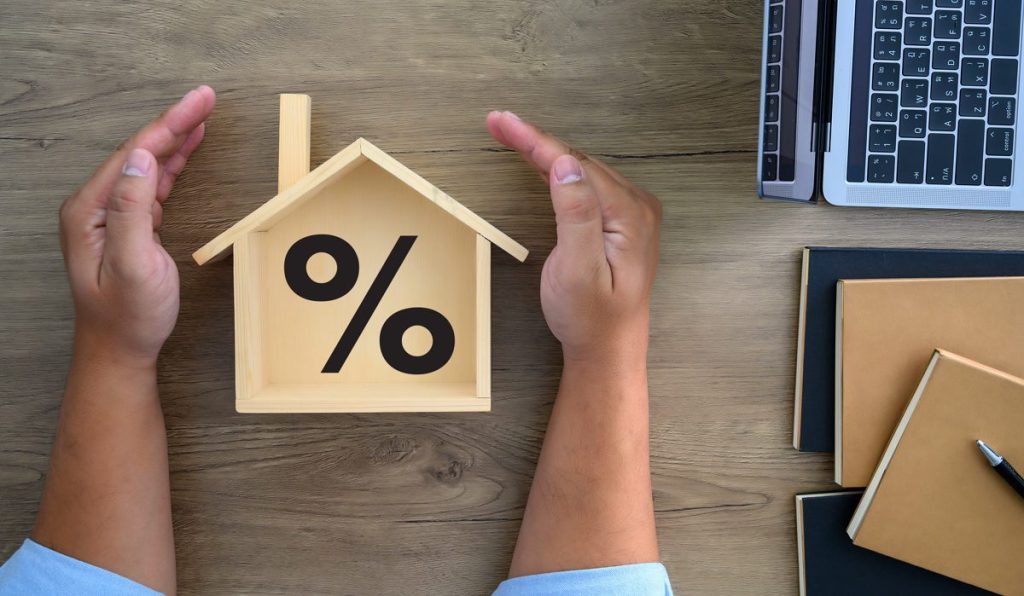The end of 2020 won’t necessarily mean saying goodbye to the favorable 2% mortgage rates that hit historically low levels 16 times over the past 12 months.
In fact, most industry observers believe rates will remain at the same low levels in 2021 as the Federal Reserve uses low rates as a weapon to combat the economic effects of the COVID-19 pandemic.
This means 2021 will still be a good time to purchase or refinance a home, according to Len Kiefer, Freddie Mac‘s deputy chief economist.
“There’s certainly a risk that rates could head higher, but our baseline forecast has them remaining near record lows,” Kiefer said. “In that scenario, the pressure on housing markets will continue and it’s likely that we will continue to see strong house price growth, though perhaps not as red-hot as what we’ve had in recent months.”
Even with interest rates falling more than a full percentage point in 2020, Kiefer said he believes the housing market would have still enjoyed a strong second half of the year absent the record-low rates. But the statistics – record home sales and price growth – would not have been so “eye-poppingly strong,” he said.
5 reasons to refinance your mortgage right now
If you’re thinking about refinancing your mortgage, here are five reasons why you might want to act now and reach out to a loan officer.
Presented by: Citi
A double-edged sword may emerge, Kiefer added, as a COVID-19 vaccine arrives – along with possible economic stimulation – but mortgage rates increase.
“We’ve seen the labor market make strong gains since spring, but the pace of recovery waned at the end of 2020,” he said. “We all are looking forward to an end to COVID. It may take a while for the economy to fully recover from the pandemic and associated recession.
“With a vaccine possibly helping to contain the virus, we may see an acceleration in economic growth next year.”
Other experts spoke of political considerations that could change rates as the new year unfolds.
Zillow Economist Matthew Speakman told Yahoo! Finance the possibility of even more fiscal relief, along with important Senate runoff elections in Georgia, could prompt sharper movements in rates going forward. Realtor.com Senior Economist George Ratiu said first-time buyers could find it challenging to get a good deal on a loan while COVID cases continue to surge.
Despite the economic turmoil that has depressed GDP overall, a huge number of individuals were able to improve their financial situation in 2020 and increase their monthly cash flow, pay off high-interest debt or improve their overall financial situation by refinancing, according to Austin Niemiec, executive vice president of Rocket Pro TPO.
This, along with low interest rates, helped spark the massive homebuying spree agents saw during the year. And the market doesn’t appear to be cooling as 2021 commences, Niemic said.
“I don’t think anyone would have thought that this year, in the middle of a pandemic, home purchases would eclipse the pace from 2019,” he said. “Historically low interest rates played a part in this by offsetting some of the effects of rapidly rising home prices – a trend that doesn’t seem likely to end soon.”
Consider the state of mortgage rates over the last 40 years: In the 1980s, Kiefer noted, 30-year mortgage rates averaged 12%; in the 1990s, they averaged 8%; in the 2000s, they averaged 6%; and in the 2010s, rates averaged around 4%.
Based on the dropping pattern of rates from the 1980s to today, is it possible that 30-year mortgage rates could average 2% in the 2020s?
“Even just a year ago, that didn’t seem probable, and it’s certainly not my baseline forecast, but we’d have to acknowledge that there is a chance rates could continue their secular decline,” Kiefer said.
Homeowners should look to upgrade their homes with their increased spending power in 2021, Niemic added. And when rates return to a more normalized level, look for consumers to continue home shopping, he said.
“Going into the new year, we hope to see growth in the economy thanks to the success of the latest COVID-19 vaccines and another stimulus package from the government,” Niemic said. “Mortgage rates are impacted by the economy, so they will only rise when overall growth supports an increase.”






